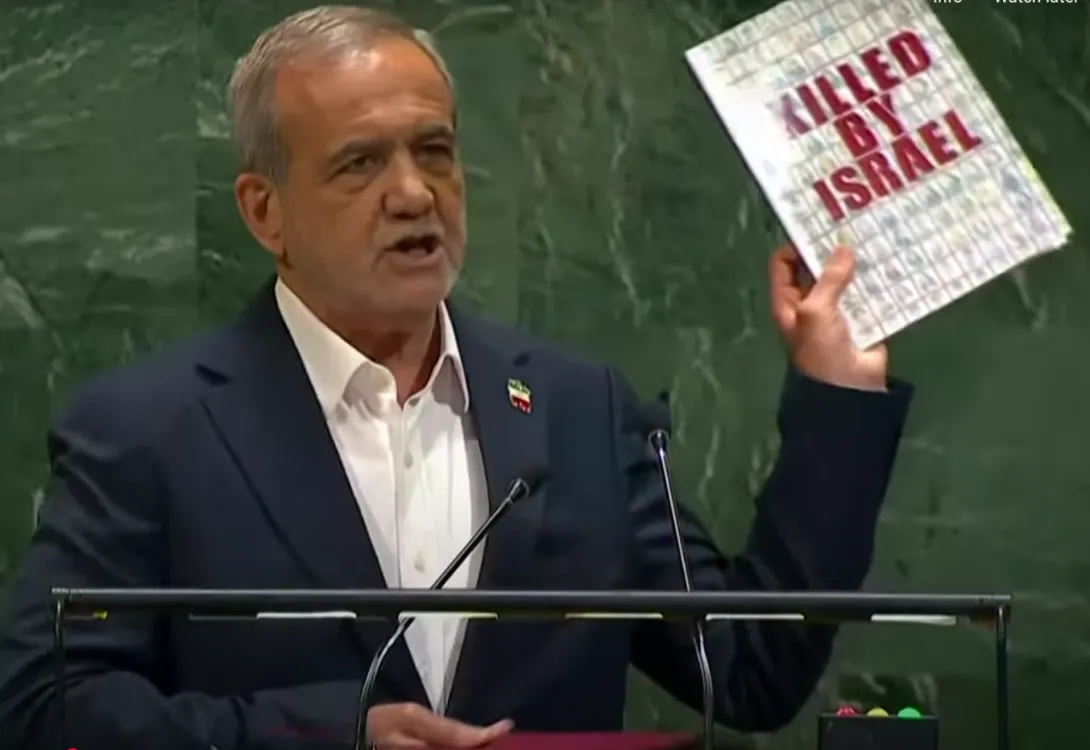
A recent study by the Iranian Parliament Research Center (Majles Research Center) outlines a comprehensive strategy for strengthening Iran’s international position against Israel, not only through military measures but also by shaping global narratives and leveraging international institutions. This is not simply an academic framework but a significant strategy that appears already operational in Iran’s international conduct. Recognizing both the vocabulary and mindset behind this narrative warfare and the target audience it seeks to influence is critical for policymakers and observers to craft effective responses.
The study frames the confrontation with Israel as narrative warfare that must be fought across international institutions, legal forums, and public opinion. By creating a unified doctrine, coordinating messaging, employing deliberate vocabulary, and activating key diplomatic, legal, humanitarian, and civil fronts, Iran must seek to legitimize its self-defense while delegitimizing Israel within the structures of global governance.
Core Strategy:
Narrative Doctrine | The paper calls for a coherent narrative doctrine built on two legal pillars:
- Israel as the aggressor — framing Israeli actions as clear violations of the prohibition on the use of force and acts of aggression.
- Iran’s inherent right to self-defense — presenting Iranian military responses as lawful acts under Article 51 of the UN Charter, not as retaliation.
According to the paper, these pillars must be reinforced by highlighting themes such as sovereignty violations, state terrorism, civilian targeting, and threats to international peace.
Key Recommendations:
The study prescribes several measures to ensure consistency and credibility:
- Single Voice: Officials and media must adopt unified terminology, avoiding words like “revenge” that weaken Iran’s legal standing.
- Narrative-Legal Framework: Every defensive action must be accompanied by explicit legal justification, stressing defensive intent and precision.
- Strategic Targeting of Discourse: International institutions must be compelled to respond to Israel’s actions. Israel must be delegitimized by consistent documentation of violations of international law. Records must be preserved for use in future legal and political processes.
Strategic Fields of Activation:
The paper identifies several arenas that must be activated to advance this narrative warfare:
- UN Human Rights Council – Recast Israeli actions as state terrorism, mobilize fact-finding missions, and work with special rapporteurs to document violations.
- International Atomic Energy Agency (IAEA) – Treat threats against nuclear facilities as threats to the non-proliferation regime, invoke Security Council Resolution 487, and consider NPT options cautiously.
- Humanitarian Front – Empower the Red Crescent’s National Humanitarian Law Committee to document war crimes according to international standards, creating credible reports for Geneva.
- Decentralized Diplomacy – Move beyond official channels by mobilizing non-state actors:
- Parliamentary Diplomacy: Build alliances with foreign MPs, form an international anti-war coalition, and host delegations in Iran.
- Elite and Citizen Diplomacy: Engage artists, academics, and social activists to amplify Iran’s narrative through cultural and digital platforms.